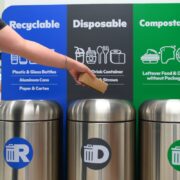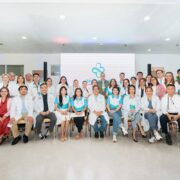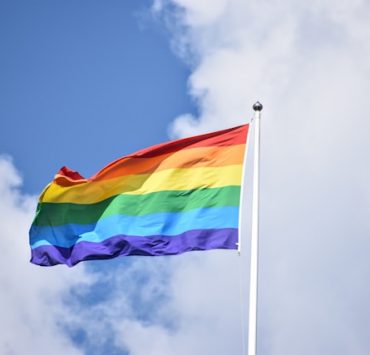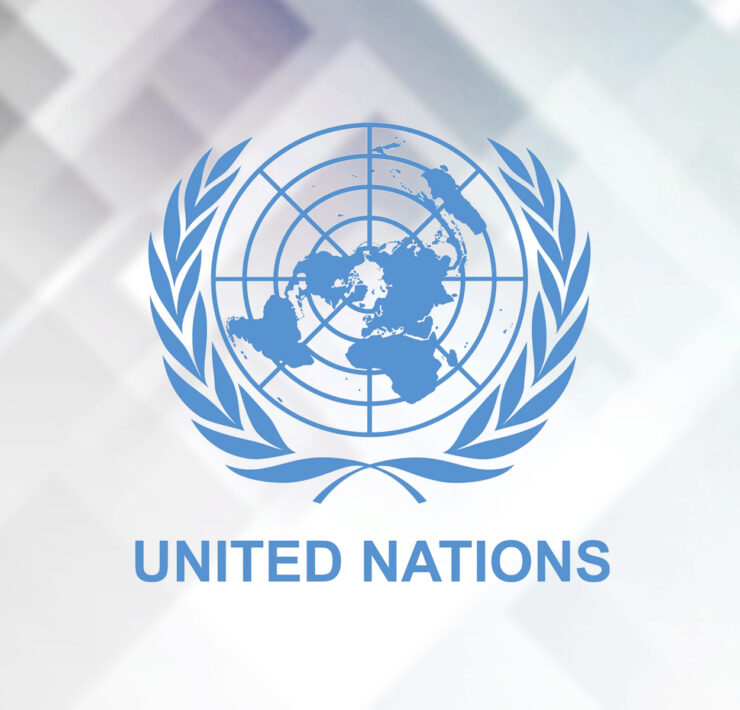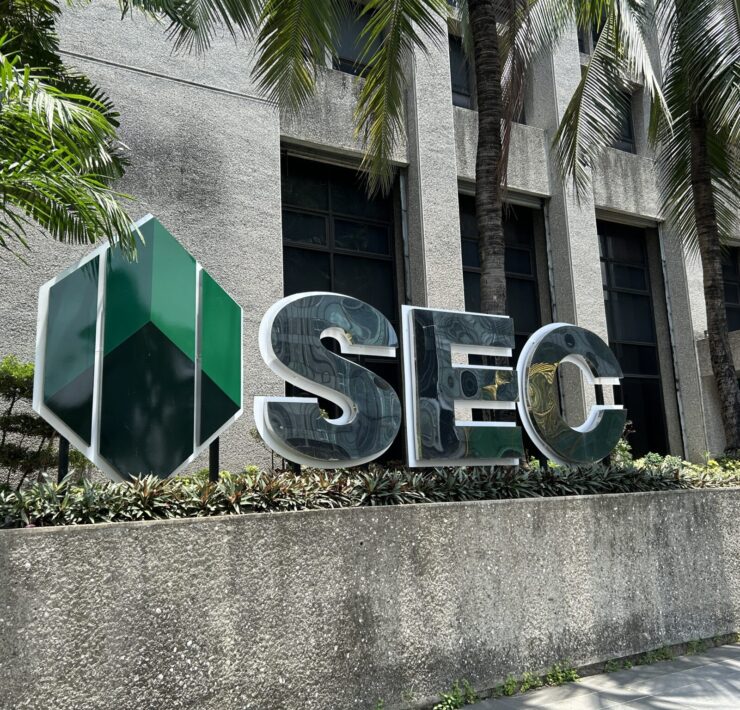Sustainable Development Goals in the Philippines: Where are we headed?
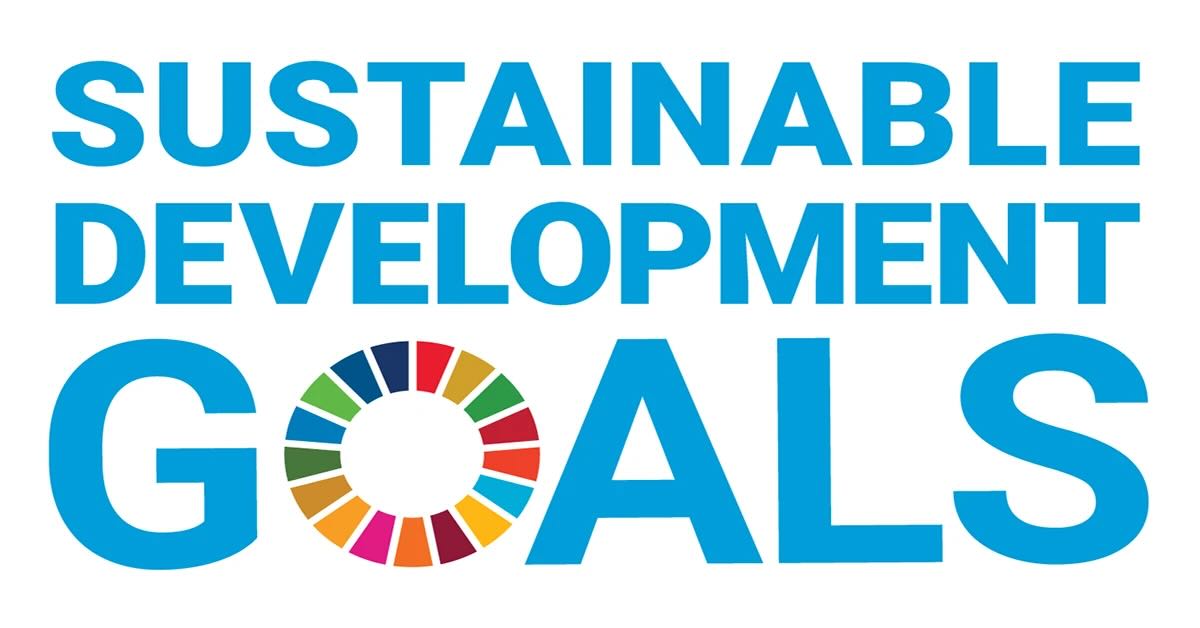
The situation is alarming. According to the most recent Sustainable Development Report (2024), the Philippines is projected to achieve only 30 percent of its targets outlined in the United Nation’s 17 Sustainable Development Goals (SDGs). Additionally, there has been limited progress on 40 percent of the targets, and quite worrisomely, 30 percent of the indicators are deteriorating. Out of all the SDGs, we are only on track to meet Goal 12 (Responsible Consumption and Production).Unfortunately, our country is not alone in this struggle. A study conducted by Nerini and his colleagues in 2024 revealed that only one out of five of the SDG targets are expected to be met by 2030. It is evident that no nation in the world is fully committed to achieving the SDGs. This realization offers little comfort to many Filipinos who aspire to a better quality of life.
An extensive review of over 3,000 peer-reviewed papers from around the world by Biermann and his team in 2022 indicated that there is “little evidence that institutions are substantially realigned, that funding is (re-)allocated for sustainable development, that policies are becoming more stringent or that new and more demanding laws and programmes are being established because of the SDGs.” Essentially, while sustainable development is a widely accepted concept, its implementation has encountered obstacles.
There is little evidence that institutions are substantially realigned, that funding is (re-)allocated for sustainable development, that policies are becoming more stringent or that new and more demanding laws and programs are being established because of the SDGs.
This should come as no surprise, as new ideas often require time to take hold. Some may be tempted to abandon the pursuit of sustainable development altogether. However, giving up should not be an option.
We should lend our support to the government and the private sector in their efforts to achieve the SDG targets within the remaining time frame. The scientific community must rise to the challenge and contribute solutions to overcome the barriers obstructing progress toward these targets.
On a global scale, discussions about the future of the SDGs are forthcoming. The upcoming UN Summit of the Future in September could shed light on the major options available. For instance, there are calls to extend the goals until 2050, with a significantly higher ambition rooted in science.
For the betterment of humanity and to promote progress, we must steadfastly continue our pursuit of sustainable development.
By Dr. Rodel D. Lasco



